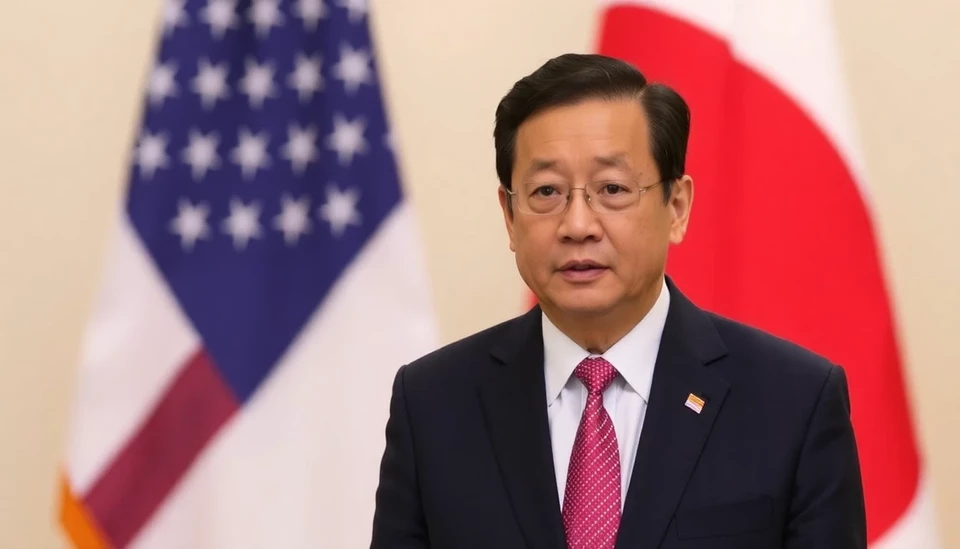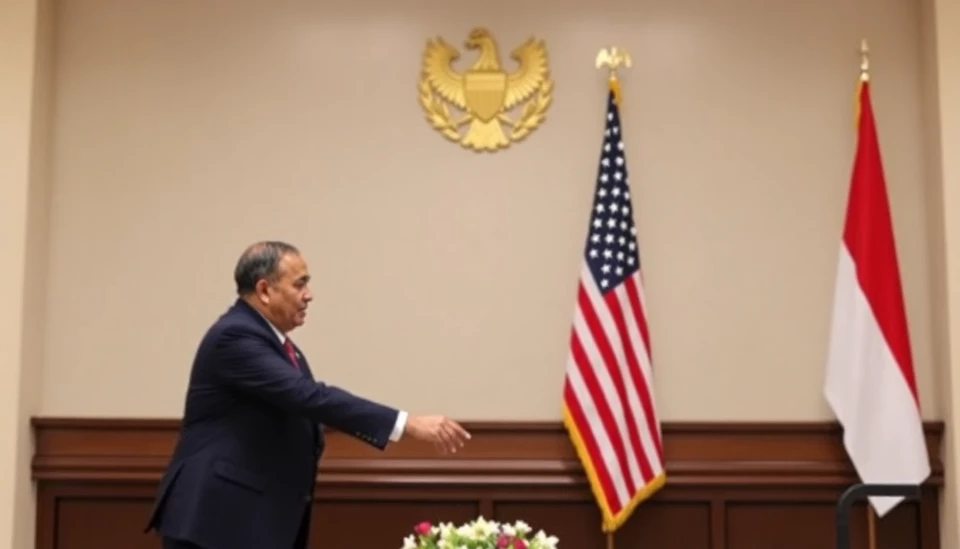
In a significant development regarding global climate initiatives, Indonesia has announced that their ambitious climate plan is likely to be discarded as the incoming Trump administration signals a shift in environmental policy. This decision has raised alarms among environmentalists and stakeholders, who worry about the detrimental effects on the country's efforts to combat climate change.
During an interview, Indonesia's senior climate negotiator disclosed that they have received indications from Trump’s team that support for international climate agreements could be curtailed. This comes after years of Indonesia having committed to reducing greenhouse gas emissions in line with the Paris Agreement, aiming for a significant decrease by 2030.
Following the election results in November, many believed that Indonesia’s climate agenda would remain intact, especially considering the country’s unique position as a major contributor to carbon emissions due to deforestation and land-use change. However, Trump's skepticism towards climate science and his promises to prioritize economic growth have led to concerns within the Indonesian government regarding the sustainability of their climate goals.
Indonesia has been one of the forefront nations in advocating for climate action, largely due to its vast tropical forests, which are vital in absorbing carbon dioxide from the atmosphere. Officials were optimistic that the U.S. would continue to play a leading role in global climate discussions. However, Trump's administration appears poised to retreat from international cooperation in efforts to combat climate change, which could ultimately jeopardize Indonesia’s national climate objectives.
As part of its climate strategy, Indonesia had previously committed to reducing emissions by 29% by 2030. The country had also sought international assistance to achieve its targets, eyeing significant financial support from developed nations to initiate sustainable practices and mitigate environmental impact. With the shifting political landscape, these ambitions now face uncertainty.
The potential withdrawal of support from the U.S. is concerning, particularly given the reliance on foreign aid for Indonesia’s green initiatives. Officials are now revisiting their strategies and assessing alternative approaches to maintain progress in climate mitigation, despite the alarming signals coming from the Trump administration.
As global leaders convene to discuss pressing environmental issues, Indonesia's predicament highlights the fragility of international climate agreements and the profound implications of national political shifts on global strategies. The world watches closely as Indonesia navigates through this challenging period, hoping to sustain its commitment to a greener future despite looming setbacks.
As this situation develops, Indonesia's fate will likely serve as a bellwether for other nations similarly impacted by changes in U.S. environmental policies. The necessity for adaptive strategies and robust international partnerships has never been clearer as countries aim to address the urgent challenge of climate change in an increasingly uncertain geopolitical climate.
#Indonesia #ClimateChange #TrumpAdministration #GlobalWarming #ParisAgreement #EnvironmentalPolicy #GreenInitiatives #SustainableDevelopment
Author: Megan Clarke




